1. Ethics or ethical science treats about Sadachara or right conduct, morality or duty. Ethics is the science of morals, that branch of philosophy which is concerned with human character and conduct.
2. Conduct is behaviour. Deportment, carriage, demeanour, conduct, behaviour are synonymous terms. The way in which rational beings should behave towards each other as well as towards other creatures is dealt with in the science of morals or ethics.
3. To speak the truth; to practice Ahimsa; not to hurt the feelings of others in thought, word and deed; not to speak harsh words to anyone; not to show anger towards anybody; not to abuse others or speak ill of others and to see God in all beings is Sadachara. If you abuse anyone, if you hurt the feelings of others, really you are abusing yourself and hurting the feelings of God only. Himsa (injuring) is a deadly enemy of Bhakti and Jnana. It separates and divides. It stands in the way of realising unity or oneness of Self.
4. That act or exertion which does not do good to others, or that act for which one has to feel shame should never be done. That act on the other hand, should be done for which one may be lauded in Society. This is a brief description of what right conduct is.
5. Lord Manu says in the Smriti: "Achara (good conduct) is the highest Dharma, declared by the Sruti and by the Smriti. Thus beholding the path of Dharma issue from Achara, the sages embrace Achara as the root of all Tapas."
6. Righteousness, Truth, good works, power and prosperity all originate from conduct. You will find in the Mahabharata: "The mark of Dharma is Achara (good conduct). Achara is the mark of good. Higher than all teaching is Achara. From Achara, Dharma is born, and Dharma enhances the life. By Achara man attains life; by Achara he attains prosperity; by Achara he attains fair fame, here and hereafter. He who is the friend of all beings, he who is intent on the welfare of all with act, thought and speech-he only knoweth Dharma."
7. Dharma is extremely subtle (Ati Sukshma) intricate and complex. Even sages are perplexed. Dharma gives wealth, satisfaction of desires and liberation in the end. Dharma tops the list of the four Purusharthas, viz., Dharma, Artha, Kama and Moksha. Dharma is generally termed as duty, righteousness, etc. Any action that is best calculated to bring Sreyas (Moksha) is Dharma. That which brings well-being to human beings is Dharma.
8. All that is free from any motive of injury to any being is surely morality. For, indeed the moral precepts have been made to free the creatures from all injuries. Dharma is so called because it protects all. Indeed morality saves all creatures.
9. The conduct is the root of prosperity. Conduct increases fame. It is conduct which prolongs life. It is conduct which destroys all calamities and evils. Conduct has been said to be superior to all the branches of knowledge.
10. It is by conduct that one acquires a long life, and is by conduct that one acquires riches and prosperity. It is a means to attain the goal of life. Without good conduct no one can achieve the goal. Good conduct brings in fame, longevity, wealth and happiness. It eventually leads to Moksha. It is conduct that begets virtue, and it is virtue which prolongs life. Conduct gives fame, long life and heaven. Conduct is the most efficacious rite of propitiating the celestials.
11. The good and virtuous are so on account of the conduct they follow. The marks, again of good conduct are afforded by the deeds of those that are good or righteous. Indeed, it is by conduct that one acquires the fame that depends upon great deeds both in this world and in the next. For sooth, one may, by his conduct alone, conquer the three worlds. There is nothing which virtuous persons cannot obtain. A person of good deeds and good, pleasant and sweet speech has no peer. People regard that man who acts righteously and who does good acts even if they only hear of him without actually seeing him.
12. The man whose conduct is improper or wicked never acquires a long life. All creatures fear such a man and are oppressed by him. If therefore one wishes his own advancement and prosperity, one should in this world, follow the path of righteousness and conduct himself properly. Good conduct succeeds in removing the inauspiciousness and misery of even one who is sinful.
13. The man of right conduct has ideals, principles and mottoes. He strictly follows them, removes his weaknesses and defects and develops good conduct and becomes a Sattvic man. He is very careful in behaving with his elders, parents, teachers, Acharyas, sisters, brothers, friends, relatives, strangers and others. He attempts to know what is right and wrong, by approaching Sadhus and Mahatmas and by studying scriptures very carefully and then treads the path of righteousness or Dharma.
14. The man of right conduct always cares for the welfare of all beings. He lives in harmony with the neighbours and all people. He never hurts the feelings of others, never speaks lies. He practices Brahmacharya. He checks the evil tendencies of the mind and prepares himself through the practice of right conduct to attain the Bliss of union with Paramatman.
15. An aspirant went to Veda Vyasa and said: "O Maharshi, Avatara of Vishnu, I am in a dilemma. I cannot properly comprehend the right significance of the term 'Dharma.' Some say it is right conduct. Others say that which leads to Moksha and happiness is Dharma. Anything, any action that brings you down is Adharma. Lord Krishna says: 'Even sages are puzzled to understand perfectly what is Dharma, what is Adharma. Gahana karmano gatih-Mysterious is the path of action.' I am bewildered. O Maharshi, kindly give me a very, very easy definition of Dharma to enable me to follow Dharma in all my actions." Maharshi Vyasa replied: "O aspirant! Hear me. I shall suggest an easy method. Remember the following sayings always with great care when you do any action. 'Do as you would be done by. Do unto others as you wish others do unto you.' This is the whole of Dharma. Attend to this carefully. You will be saved from all troubles. If you follow these wise maxims, you can never give any pain unto others. Practice this in your daily life. Even if you fail one hundred times, it does not matter. Your old Samskaras Asubha Vasanas are your real enemies. They will come in the way as stumbling blocks. But persevere. You will succeed in the attainment of the goal." The aspirant strictly adhered to Vyasa's instructions and attained liberation.
16. This is a very good maxim. The whole gist of Sadachara or right conduct is here. If one practices this very carefully he will not commit any wrong act. 'To work in accordance with the Divine Will is right; to work in opposition to the Divine Will is wrong.'
17. God, Religion and Dharma are inseparable. All human beings are characterized by righteousness, and they in course of natural progress and improvement attain to the dignity of God. Man evolves through practice of Dharma according to his caste and order of life and eventually attains Self-realisation, the ultimate goal of life, which brings infinite Bliss, supreme peace, unbroken joy, highest knowledge, eternal satisfaction and Immortality. Ethical perfection is a prerequisite to Self-realisation.
18. Metaphysics rests on morality. Morality rests on metaphysics. Morality has Vedanta as its basis. The Upanishad says: "Thy neighbour, in truth, is thy very Self, and what separates you from him is mere illusion." Sadachara is the basis for the realization of Atmic unity or oneness of life or Advaitic feeling of oneness everywhere. Ethical culture prepares you for the Vedantic realization of: "Sarvam khalvidam Brahma-All indeed is Brahman."

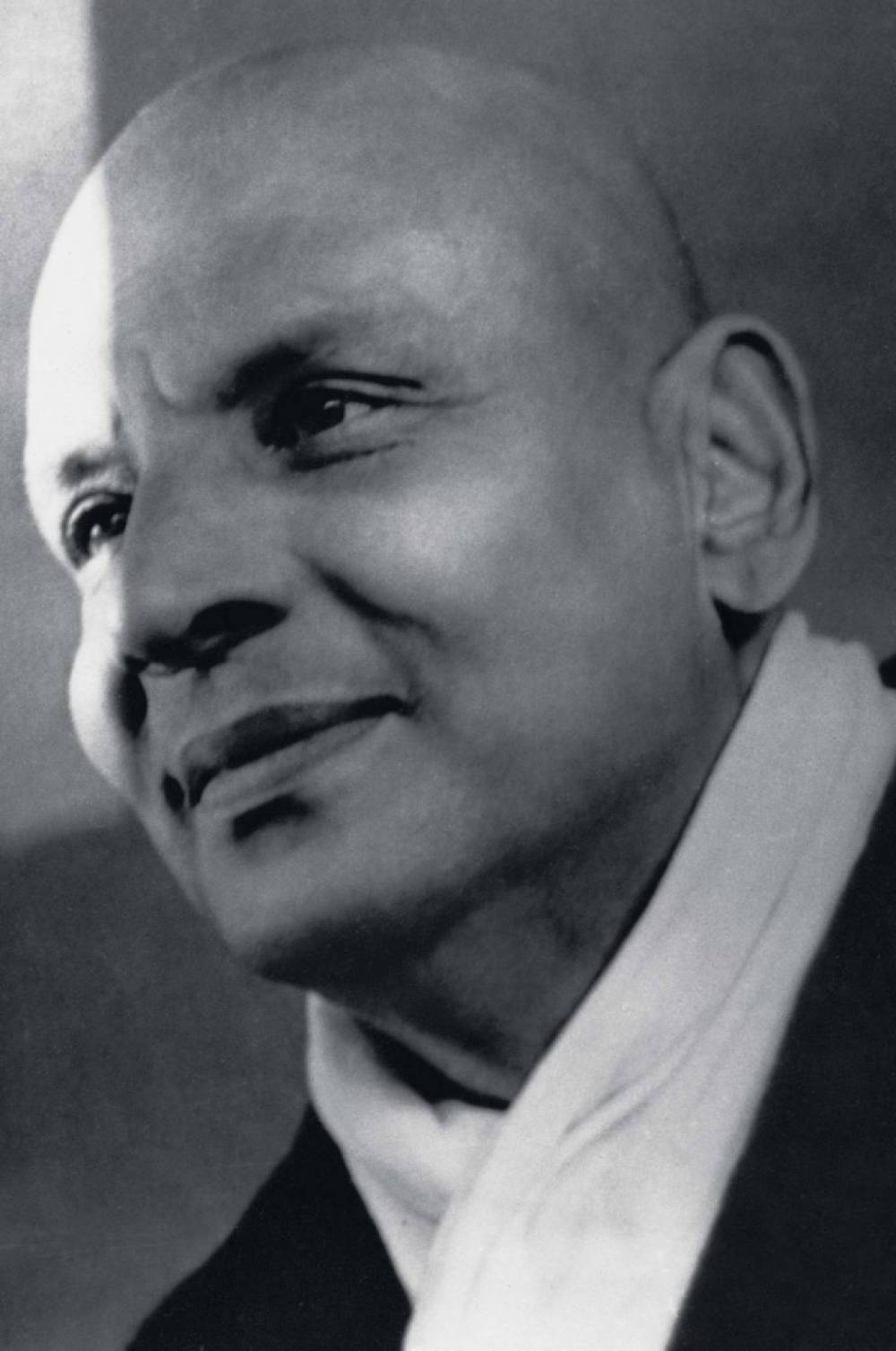
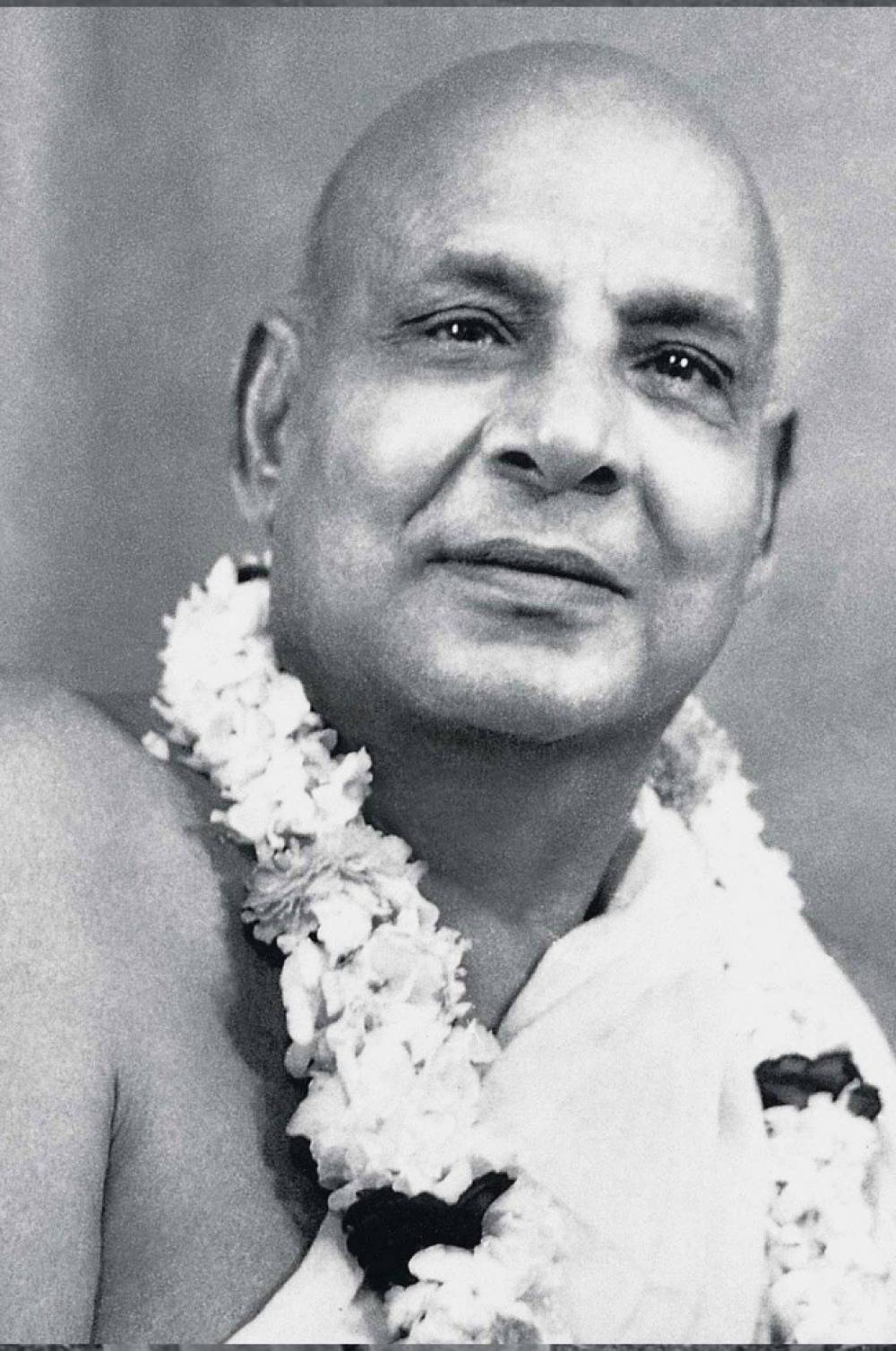

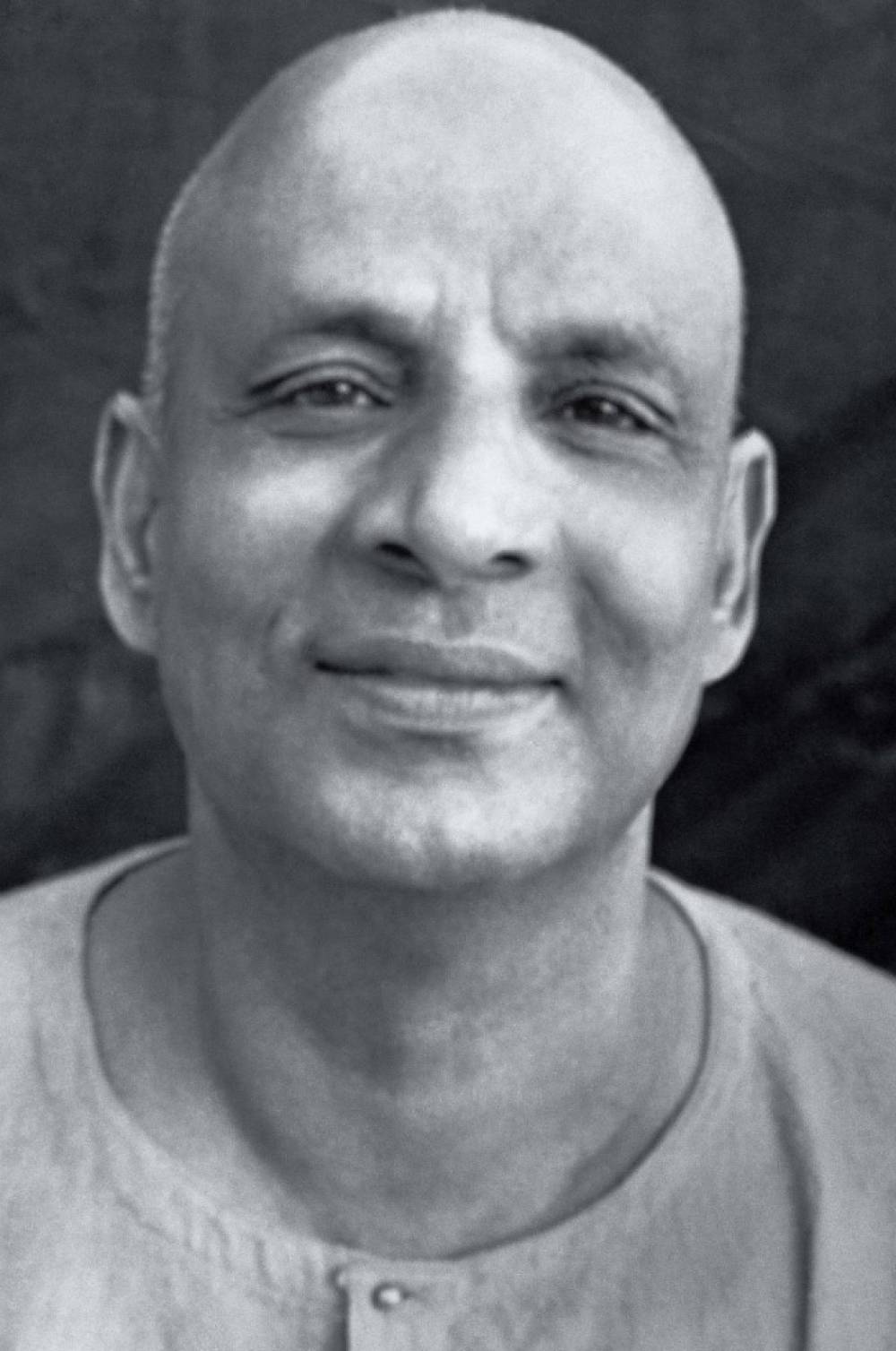
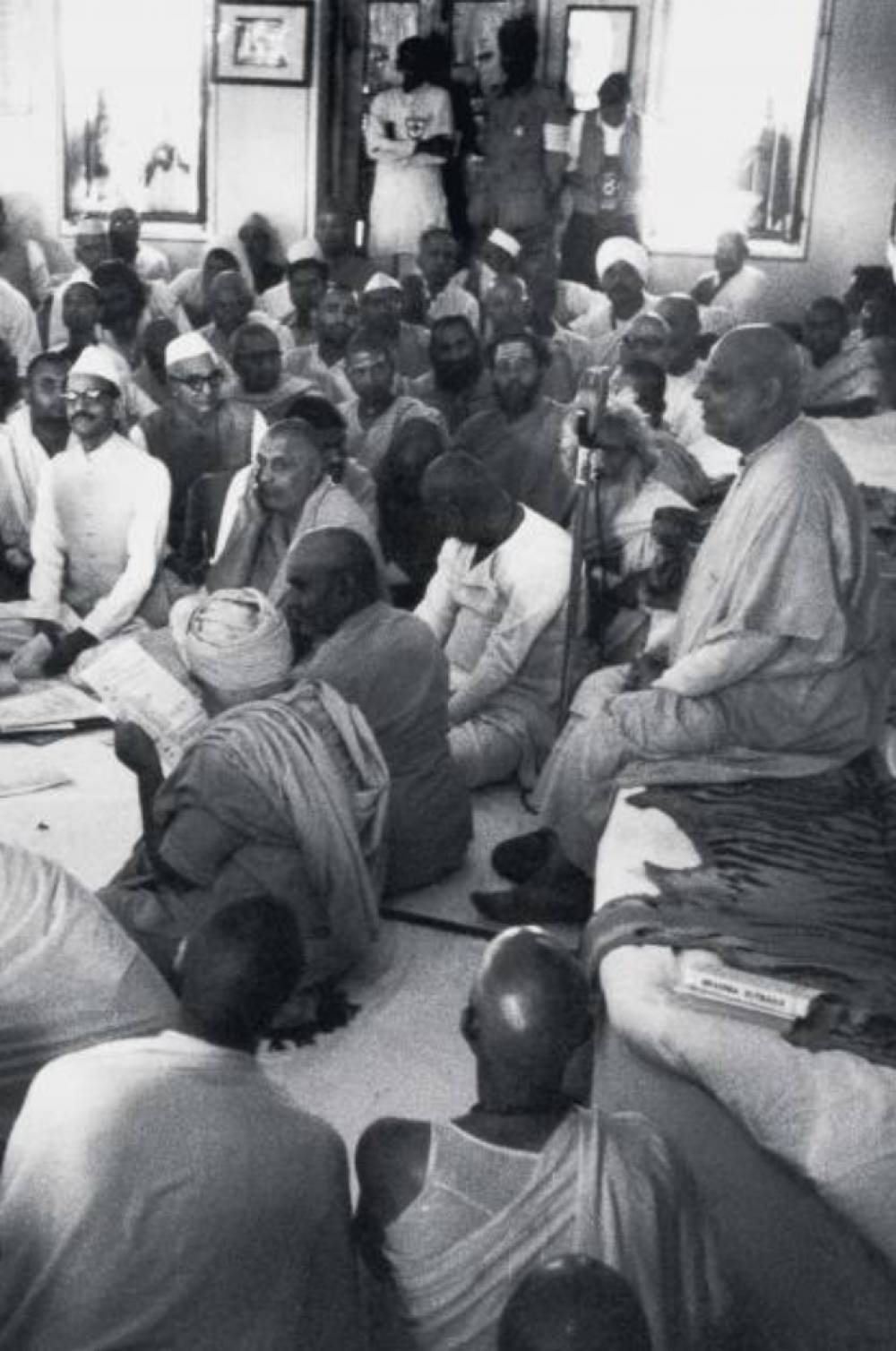

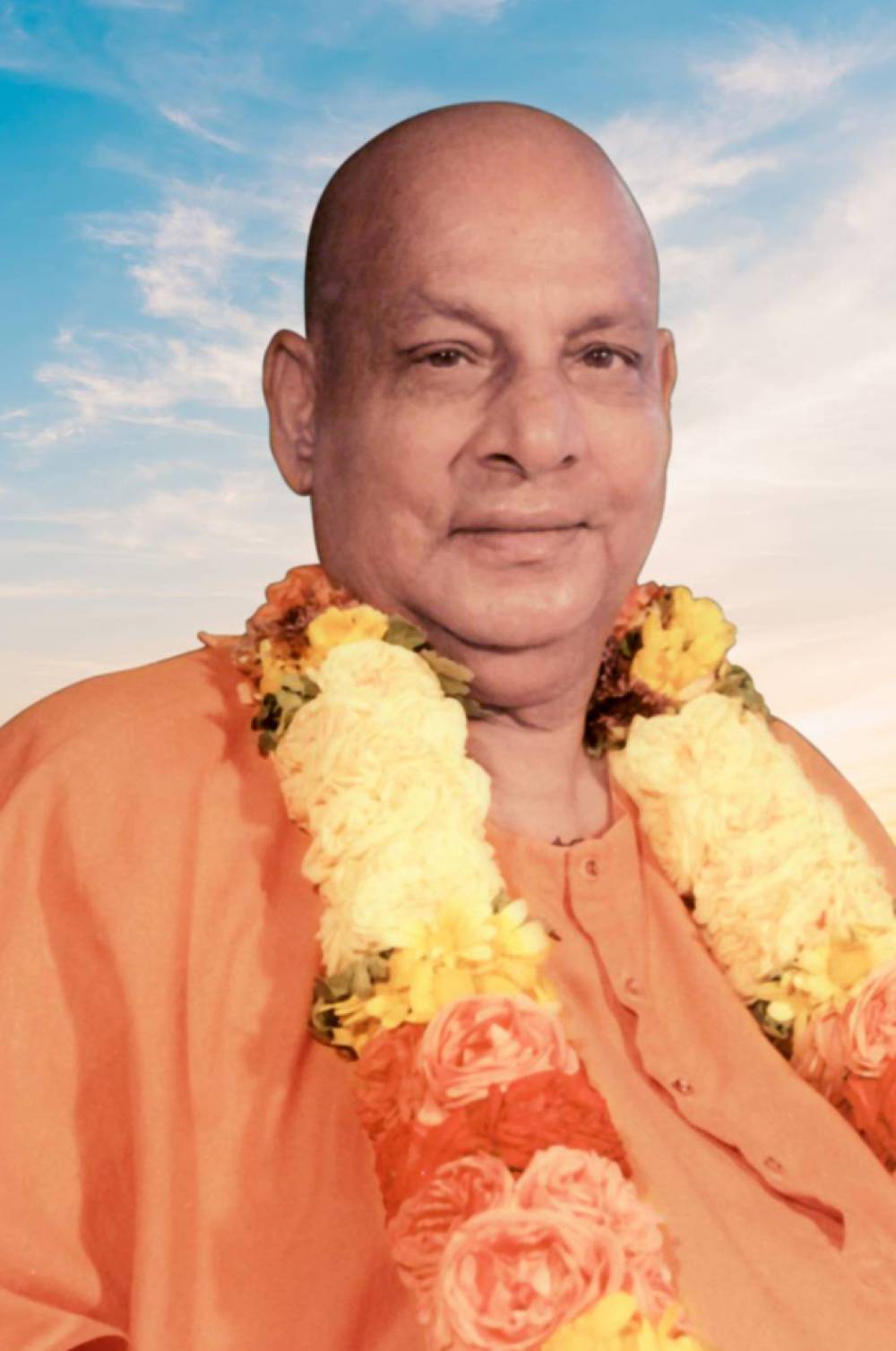
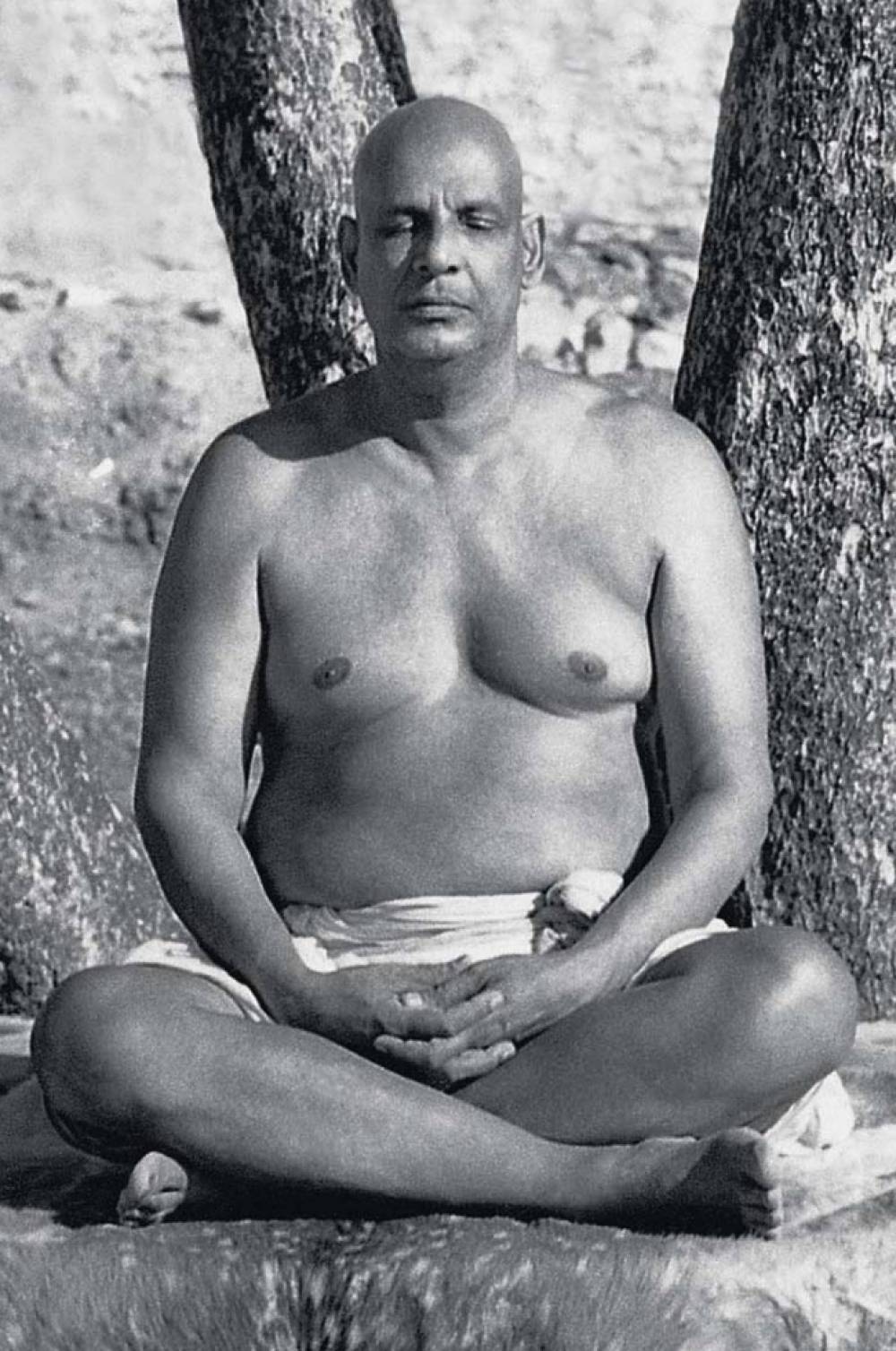
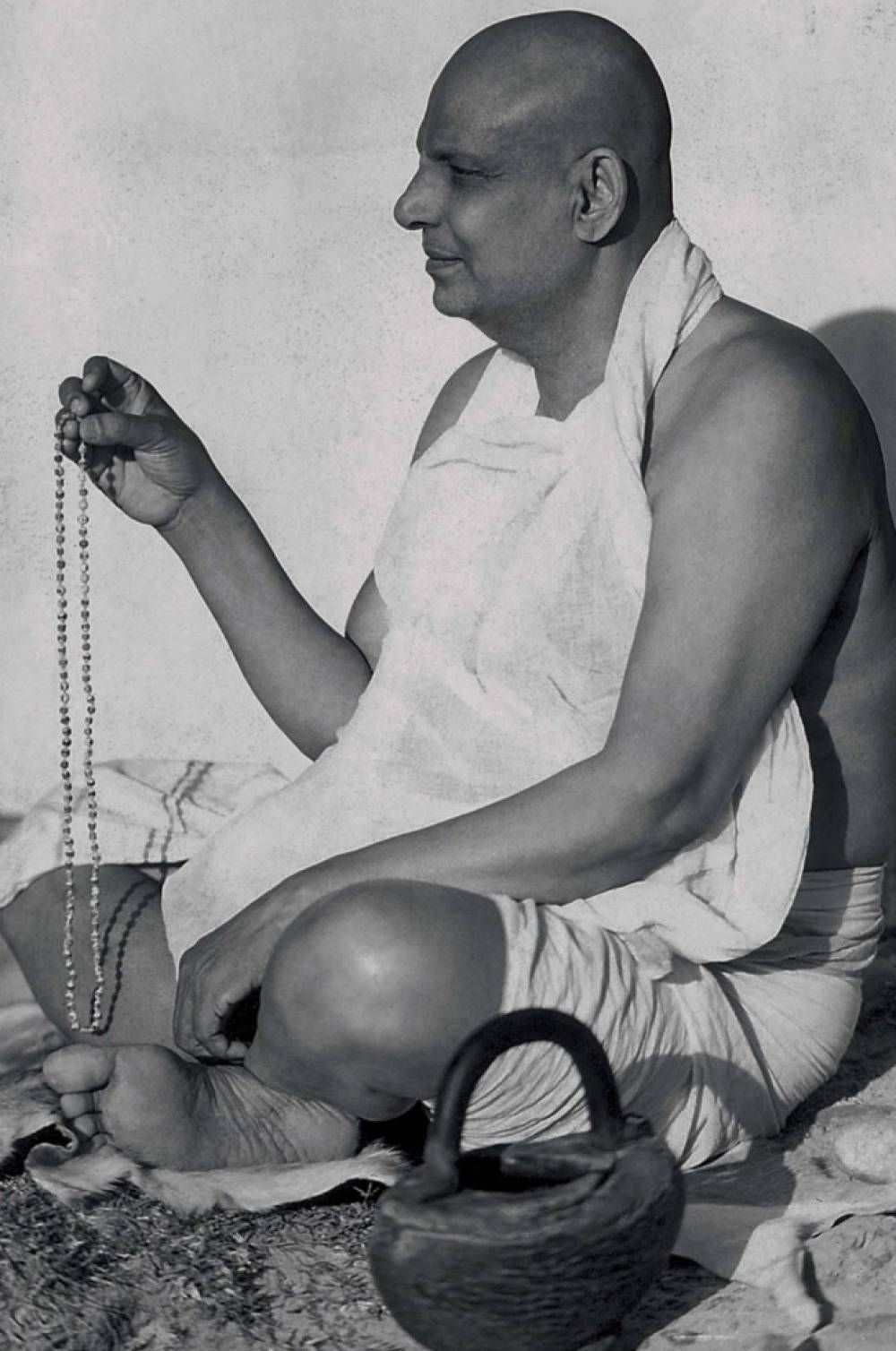
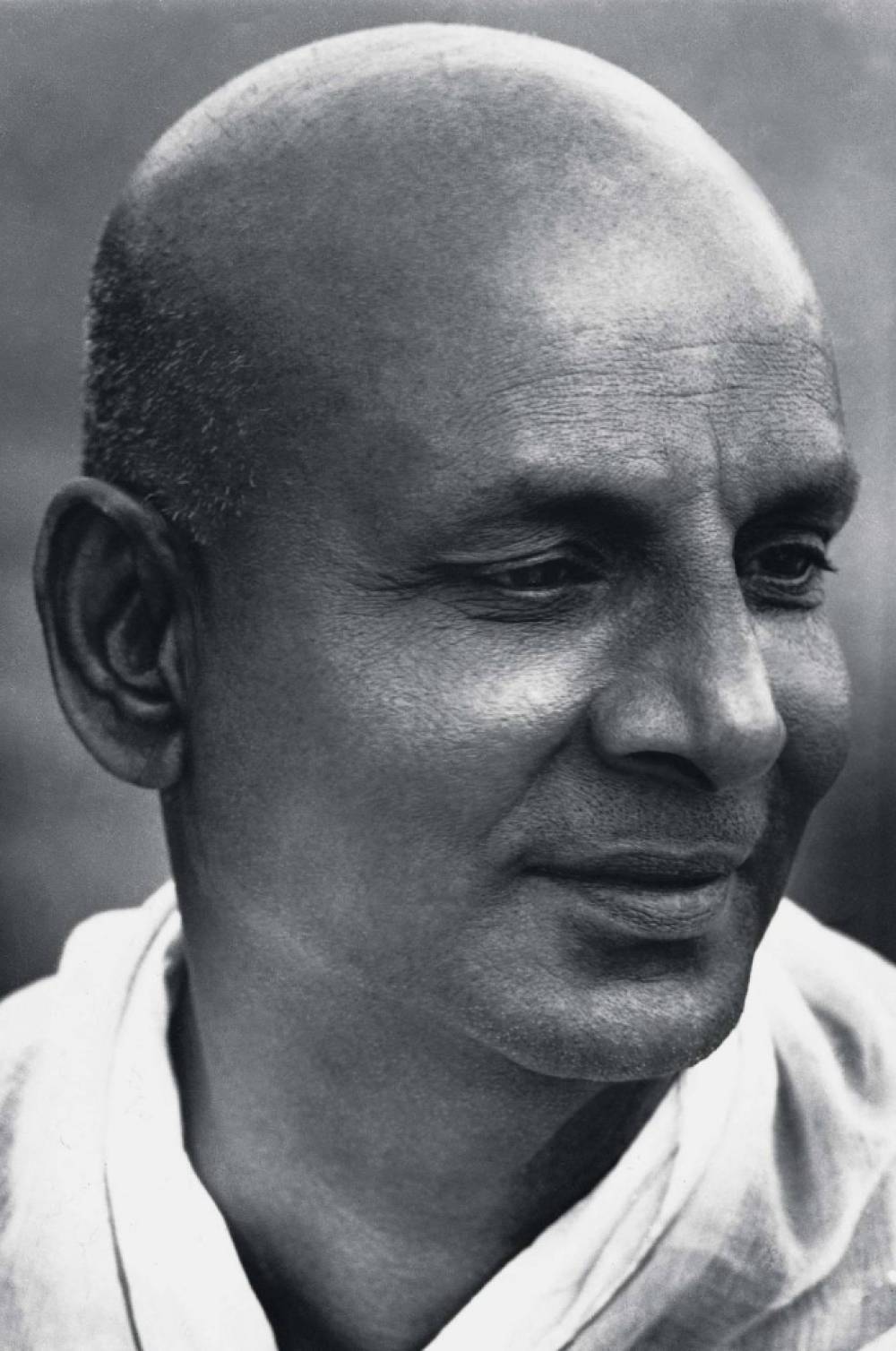
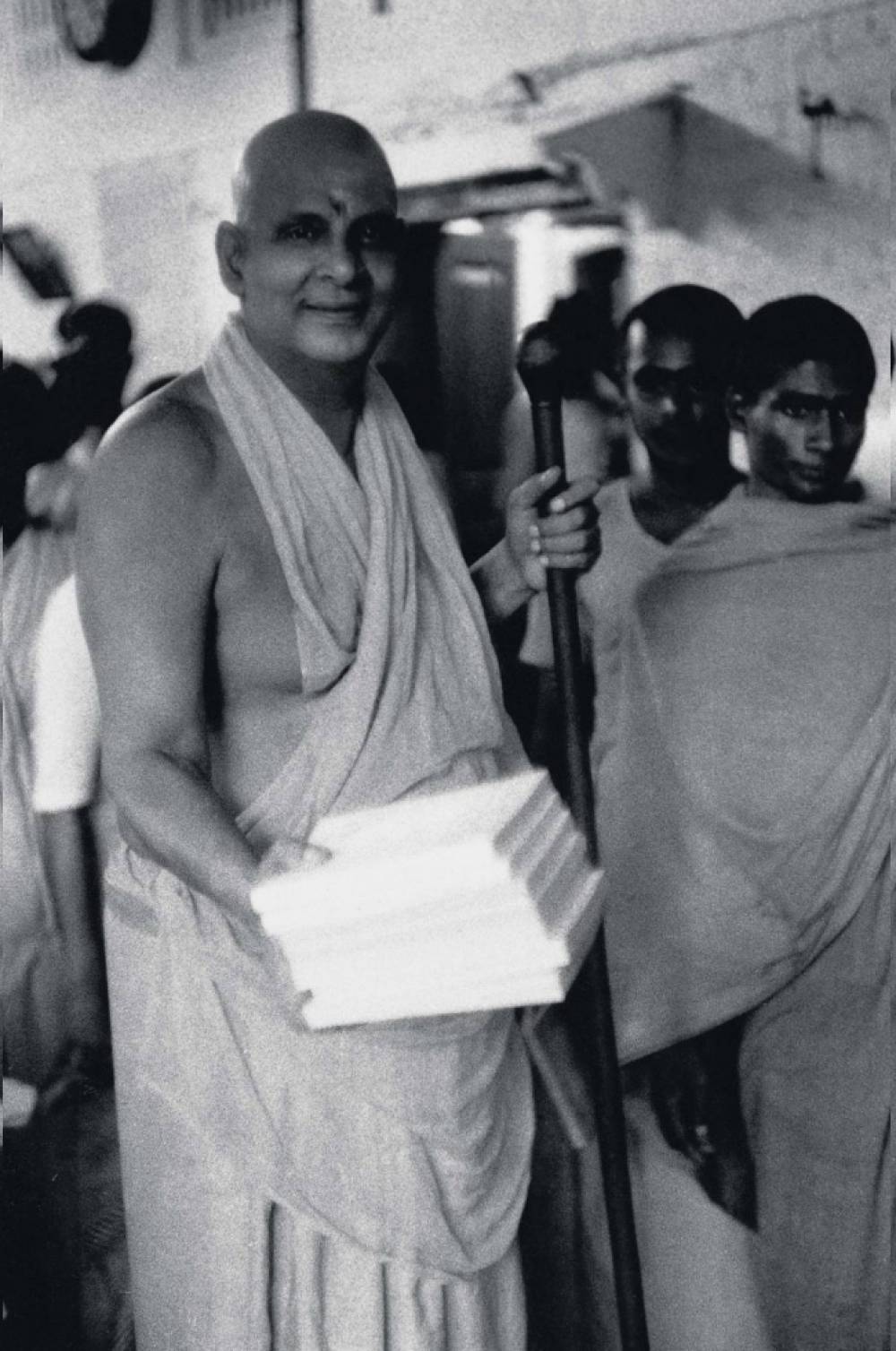
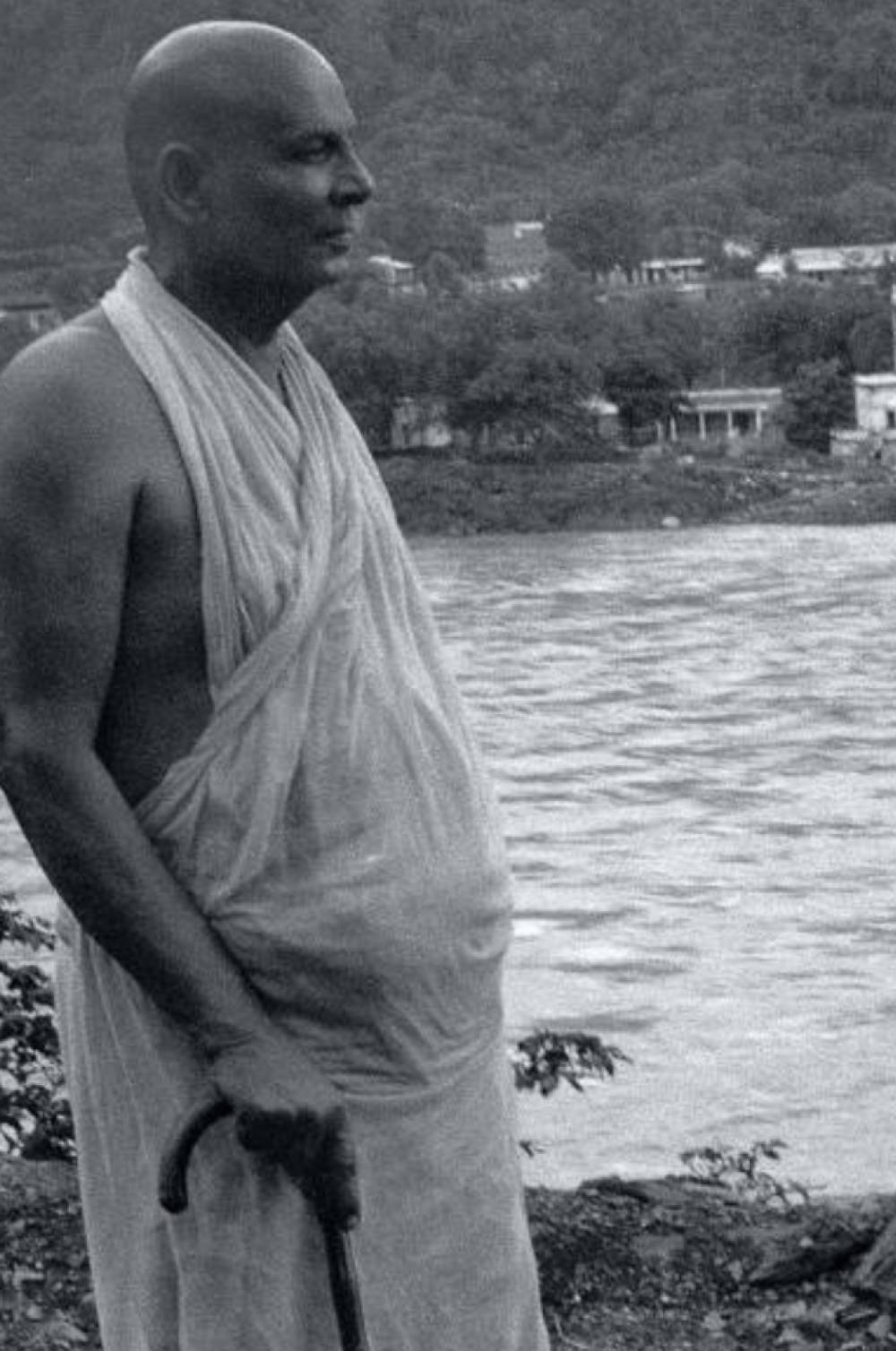
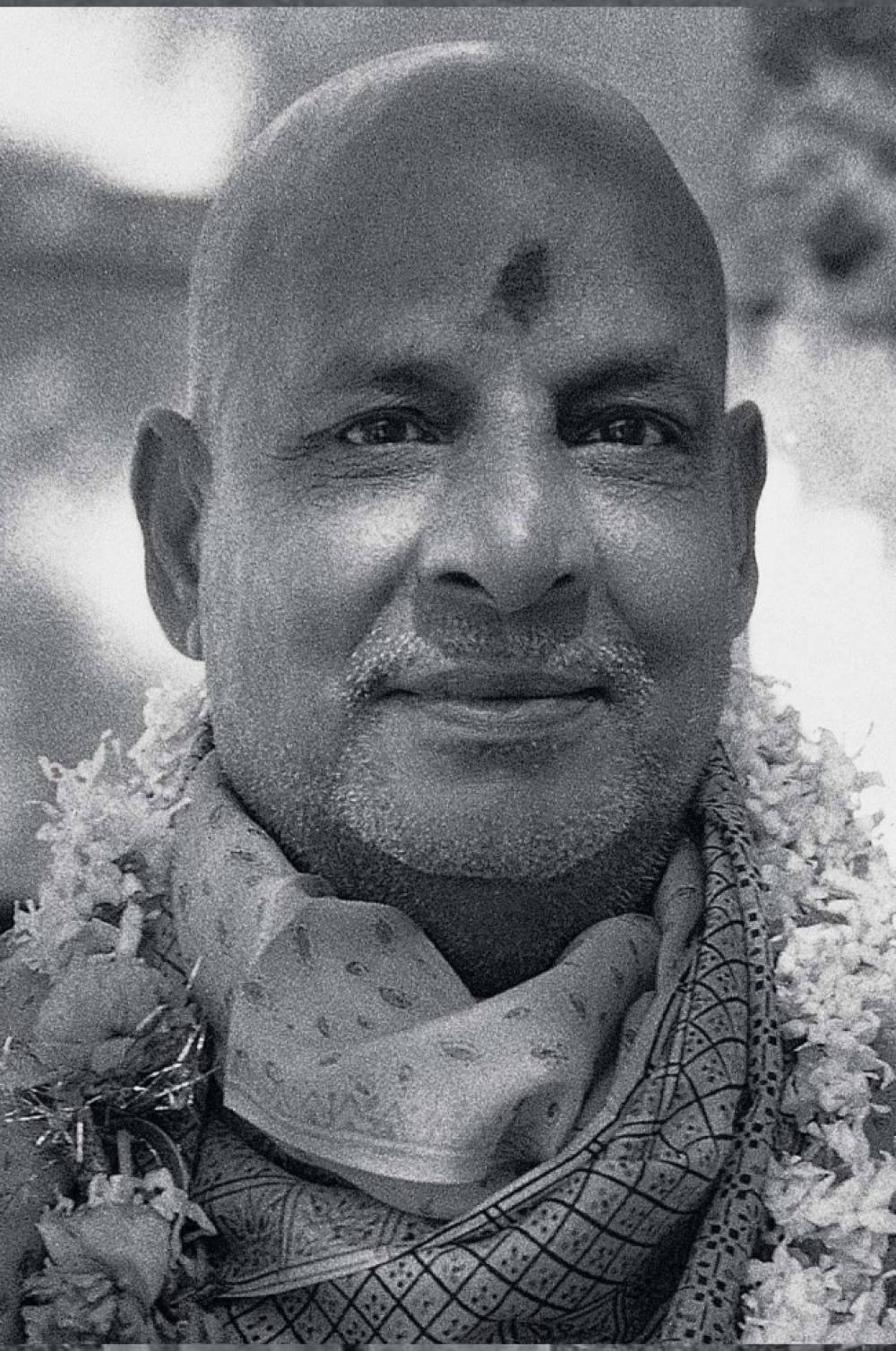

No Comments found. Be first to comment